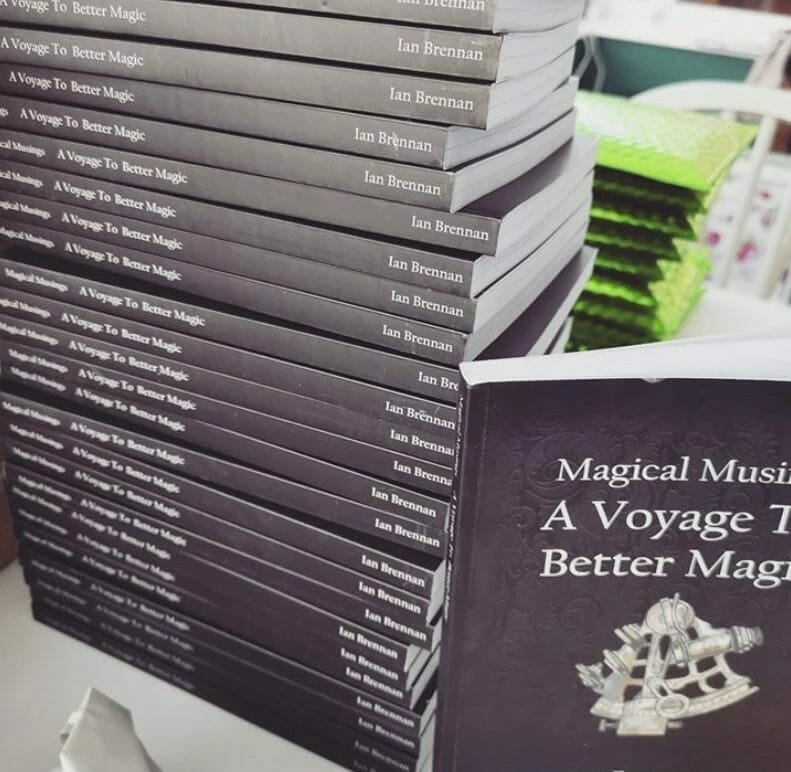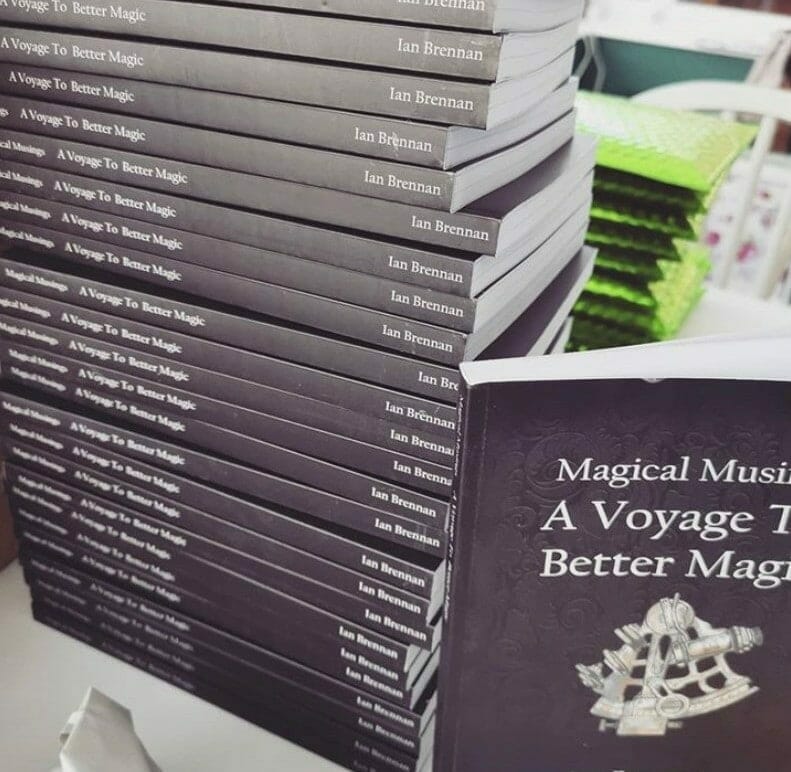Many people have found themselves with much more time on their hands while in the lockdown over the past year, which some have used to finally turn that idea of writing a book into reality.

For those just starting out on writing a book, the internet is a goldmine of information and tips on how to write a book, but can often offer conflicting information when it comes to the question of either self-publishing or going the traditional route.
So which should you choose? We have a look at three reasons why you should consider self-publishing your first book.
1. You’re guaranteed to get your book published
By going the traditional publishing route, you would typically need to find a literary agent to help represent you and your work, but finding agent representation can be a difficult journey.
Some writers may spend a year or more sending out enquiries to agencies and still unable to find the right or any representation. The majority of publishers will only look at a manuscript if it has been sent by an agent, which makes literary agents a very valuable resource.
Often can seem like pure luck, when some writers spend years searching for an agent, while others land the right representation straight away. In either case, rejection rates from publishers are very high.
With self-publishing, the ball is in your court. No literary gatekeepers are holding you back. The consumer will be the final judge of your book.
2. You’ll keep control over your book
Writers don’t always consider the topic of rights when comparing self-publishing and traditional publishing.
In traditional publishing, it’s common to relinquish your publishing rights to that company, which means you will lose control over your publishing rights as well as any creative control.
If your agent pitches your book to a publisher and who then accepts your manuscript for publication, the publisher will own the rights to your book and will ultimately have the final say over the content of your published book.
Self-publishing is almost the complete opposite. The self-published author has retained all their publishing rights and all of the creative control, from editing, book cover, and book production options. You can select your own cover designer, editor, printer, distributor, and much more.
3. You’ll enjoy much higher royalty rates
The traditional publishing industry is notorious for book deals that will only pay 10 to 15 per cent royalties to authors. While advocates of traditional publishing argue that it’s worth handing over up to 90 per cent of your royalties in exchange for support and distribution, physical book shops are have limited shelf space, and most consumers will now buy their books through online retailers.
An author can simply self-publish online and reach a large network of online retailers through a distributor such as Ingram.
In turn, the self-published author can keep 70 per cent – 100 per cent royalties. If your book sells 10,000 copies, for example, you could see tens of thousands of dollars in your bank account from those sales through self-publishing, whereas traditional publishing royalties might be far less from those same 10,000 copies sold.
If you’re looking for creative printing in the UK, visit our website today.
Looking for a reliable printing company?
Get an instant quote